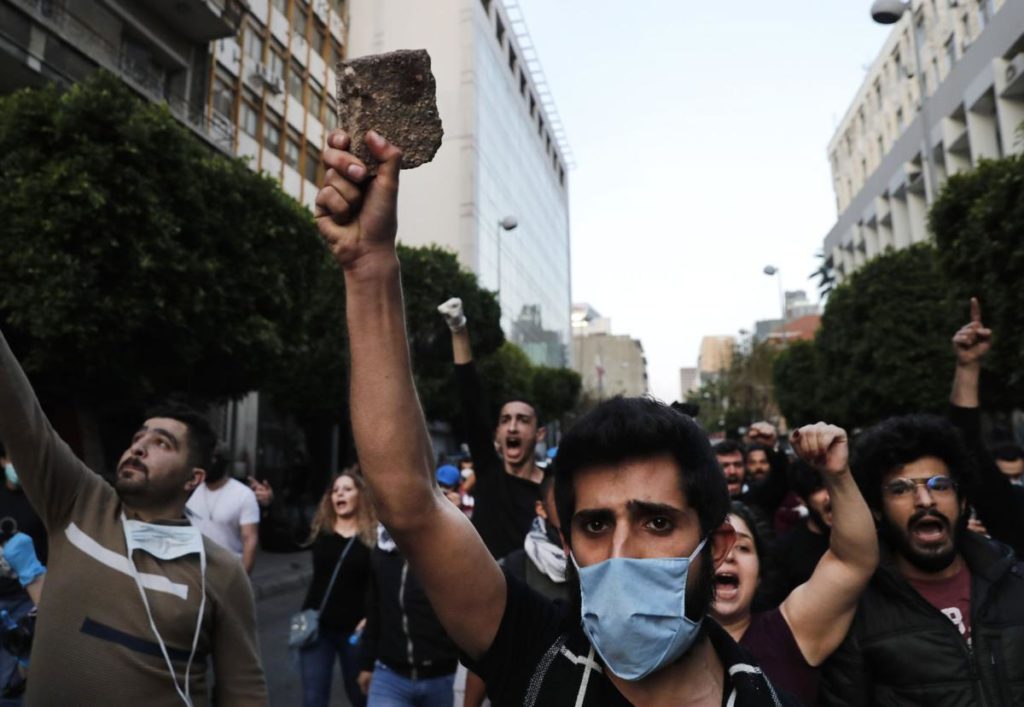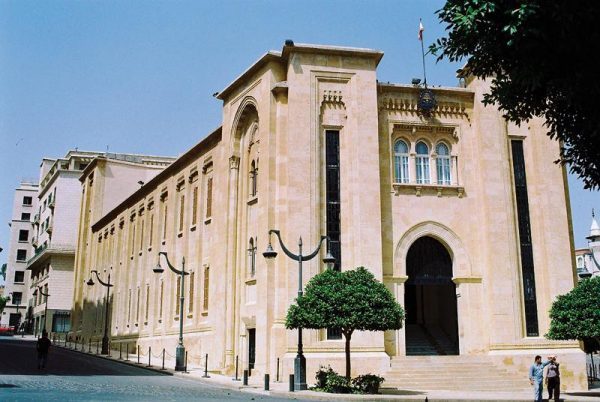The Joint Parliamentary Committees on Tuesday agreed on identifying a capital control solution that would both preserve the rights of depositors and the “existence” of banks, Deputy Speaker Elias Bou Saab said.
According to media reports that the Committees will ask the government to forward the economic recovery plan in order to discuss it along with the capital control law.
“Today’s session was fruitful and there are serious efforts to reach a result. The ball today is in the government’s court,” Bou Saab added.
He also revealed that “there are banks that are still transferring money abroad in a selective manner.”
The revelation over selective transfers outraged many Lebanese. One Lebanese depositor told Ya Libnan ” “How in the world can we trust these thieves to protect our deposits when they are the very ones stealing our money and transferring it to their fat bank accounts overseas “
Lebanon’s ruling elite have so far failed to come up with a recovery plan to address Lebanon’s financial meltdown that erupted in late 2019 – and the crisis is now increasingly playing out in the courts between depositors and banks.

Several counties in the world adopted various types of capital controls and were successful in achieving their goals . The problem in Lebanon is that the ruling elite and the bankers are the ones that are still transferring $billions abroad . They are also the ones that are setting the rules, while ordinary Lebanese cannot access their accounts . The controls were never formalized in law and for this reason they have been challenged by depositors in courts.
In Lebanon, depositors’ money with the banks, amounting to $145 billion, vanished since October 2019, which led to widespread impoverishment for citizens, the incurring of heavy losses for companies, and even bankrupting many due to the lack of liquidity.


Leave a Reply
You must be logged in to post a comment.